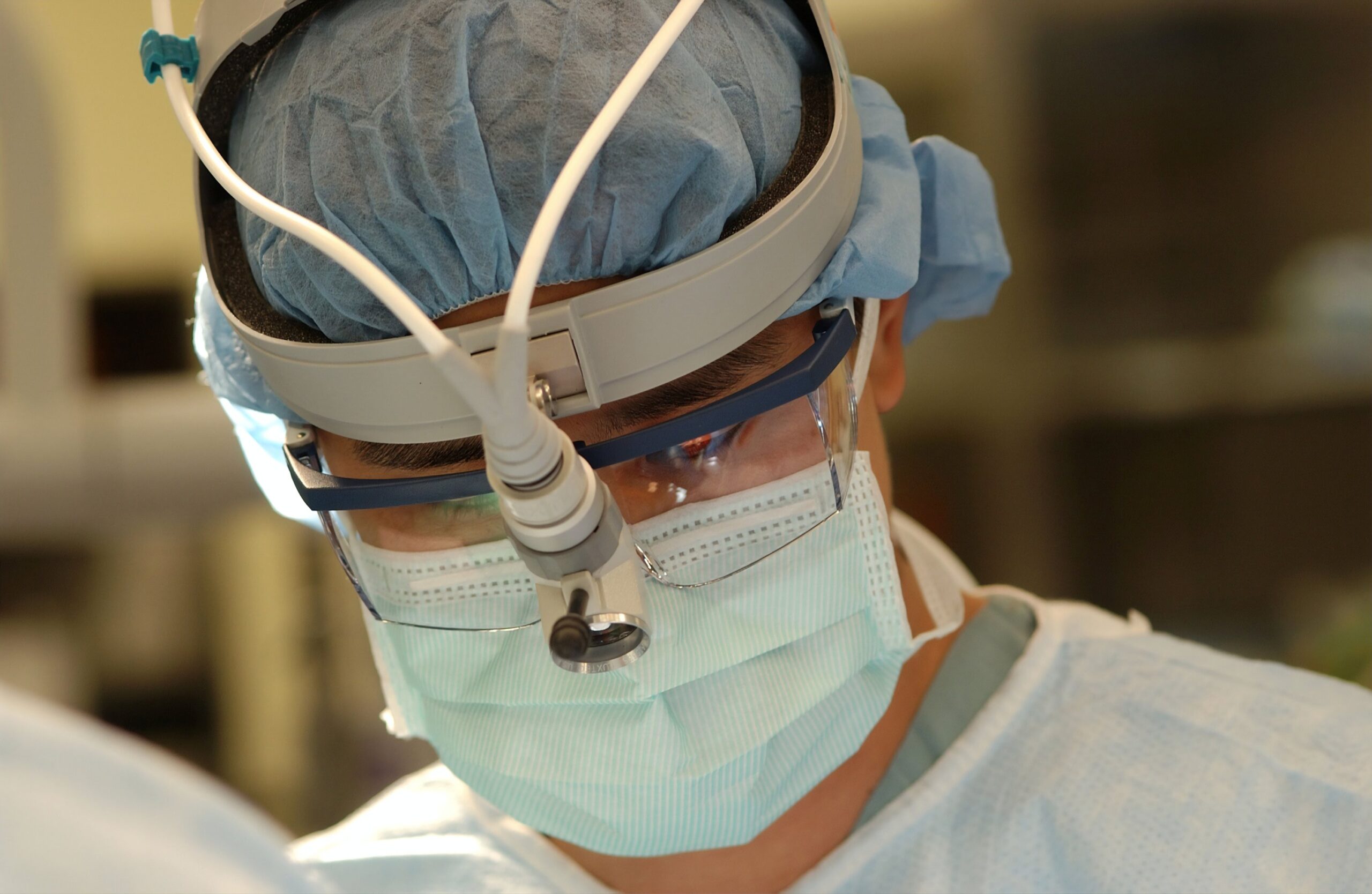Enlarged Prostates, known medically as Benign Prostatic Hyperplasia (BPH) is the most common prostate problem for men older than 50 years old. According to the Urology Care Foundation, about half of all men between the ages 51 and 60 experience varying degrees of BPH.
Despite its prevalence, most people are either misinformed or have very little knowledge about BPH. In this article, we will discuss five facts about BPH you need to know, including the causes, warning signs, and treatment options.
As of this writing, the medical community has yet to pinpoint BPH’s exact cause among middle-aged men. However, many researchers believe that the condition may be triggered by hormonal changes encountered by men as they age, specifically the fall of testosterone production in the body.
One theory points out that BPH occurs when testosterone production slows down, leaving the body with a higher share of estrogen. This higher share of estrogen is what adds to the substances that cause prostate cell growth.
Some researchers also suggest that the hormone dihydrotestosterone, which continues to build up even after the fall of testosterone levels, can be the cause of why the prostate cells continue growing.
The prostate gland, which is typically about the size of a chestnut, goes through two major growth periods. The first growth period occurs during early puberty, while the second one happens around the time when males turn 25.
That being said, the prostate gland doesn’t actually stop growing, which is what causes problems later in life. The issue occurs when the growing gland presses against the urethra, causing urinary problems later on.
The most common complaint that leads doctors to suspect BPH is a difficulty in urination. The most common symptoms of BPH are higher frequency of urination at night, interrupted or weak stream of urine, and a complete inability to empty one’s bladder. A less common but especially serious symptom is the presence of blood in the urine.
The problems caused by BPH don’t stop at frequent trips to the bathroom. In fact, it can even cause urinary tract infection or kidney stones, given that waste urine is no longer being disposed of efficiently.
People’s bodies react differently to BPH when it comes to symptoms. Sometimes, the more severe symptoms don’t always indicate larger prostates. As such, even if the symptoms are mild, it doesn’t necessarily mean that treatment can be put off.
This is because BPH symptoms are also eerily similar to that of prostate cancer. If you or someone you know has been experiencing symptoms similar to the ones described in this article, and are at the age of 50 or older, it’s best to consult a doctor specializing in urology diseases and treatment.
While BPH may not necessarily be a serious condition, it is nevertheless worth checking out with your urologist. Aside from the discomfort and possible complications, the symptoms experienced could easily be something more serious, such as prostate cancer. Getting a check-up for your BPH may just help save your life!
Our team at the University Urology Associates of New Jersey is ready to serve men and women in need of urology care. We specialize in taking care of everything, from urinary tract infections to kidney cancer treatments. Book an appointment today to learn more.
All content found on the UUANJ.COM Website, including text, images, audio, or other formats were created for informational purposes only. The content is not intended to be a substitute for professional medical advice, diagnosis, or treatment. Always seek the advice of your physician or other qualified health providers with any questions you may have regarding a medical condition. Never disregard professional medical advice or delay in seeking it because of something you have read on this website. If you think you may have a medical emergency, call your doctor, go to the emergency department, or call 911 immediately.


